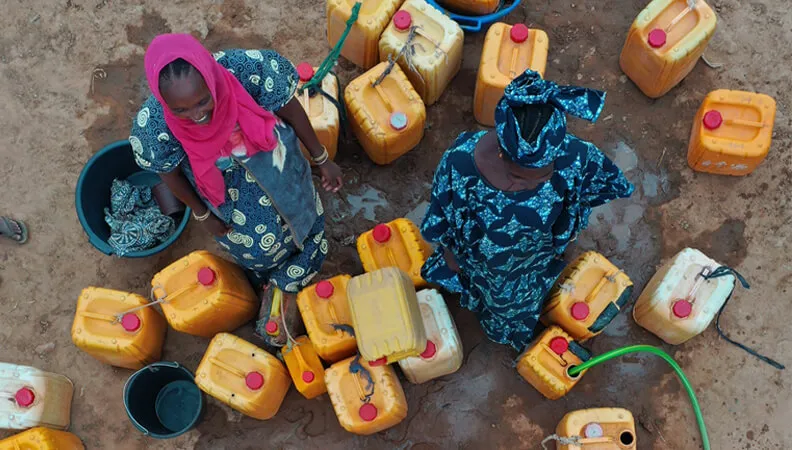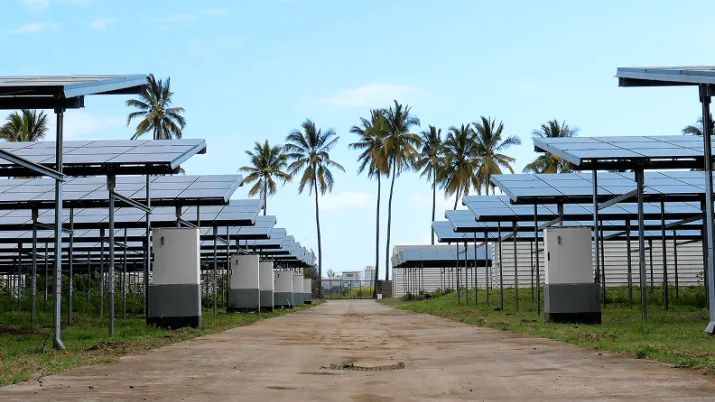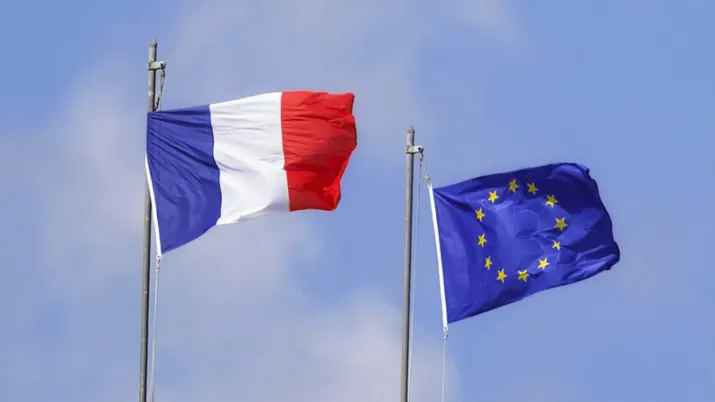Share the page
Official development assistance (ODA)

Official development assistance (ODA) refers to funds allocated by governments to support the development of eligible countries.
Official development assistance (ODA) is defined by the Organisation for Economic Co-operation and Development (OECD) as “government aid that promotes and specifically targets the economic development and welfare of developing countries.”
ODA has been the benchmark for foreign aid since 1969.
To qualify as ODA, aid must benefit an eligible country, offer the recipient country advantageous conditions (what is known as “a sufficient degree of concessionality”), and be designed to help bring about economic development and improved living conditions.
This includes grants, concessional loans, and guarantees. ODA eligibility criteria are set out by the Development Assistance Committee (DAC), an OECD body. The DAC is responsible for collecting data on ODA amounts, sources, and uses.
ODA in 2024
• US $212.1 billion worldwide
• Four countries met or exceeded the United Nations target of allocating 0.7% of their national wealth to ODA
• US $14.3 billion allocated by France, equivalent to 0.48% of its gross national income.



